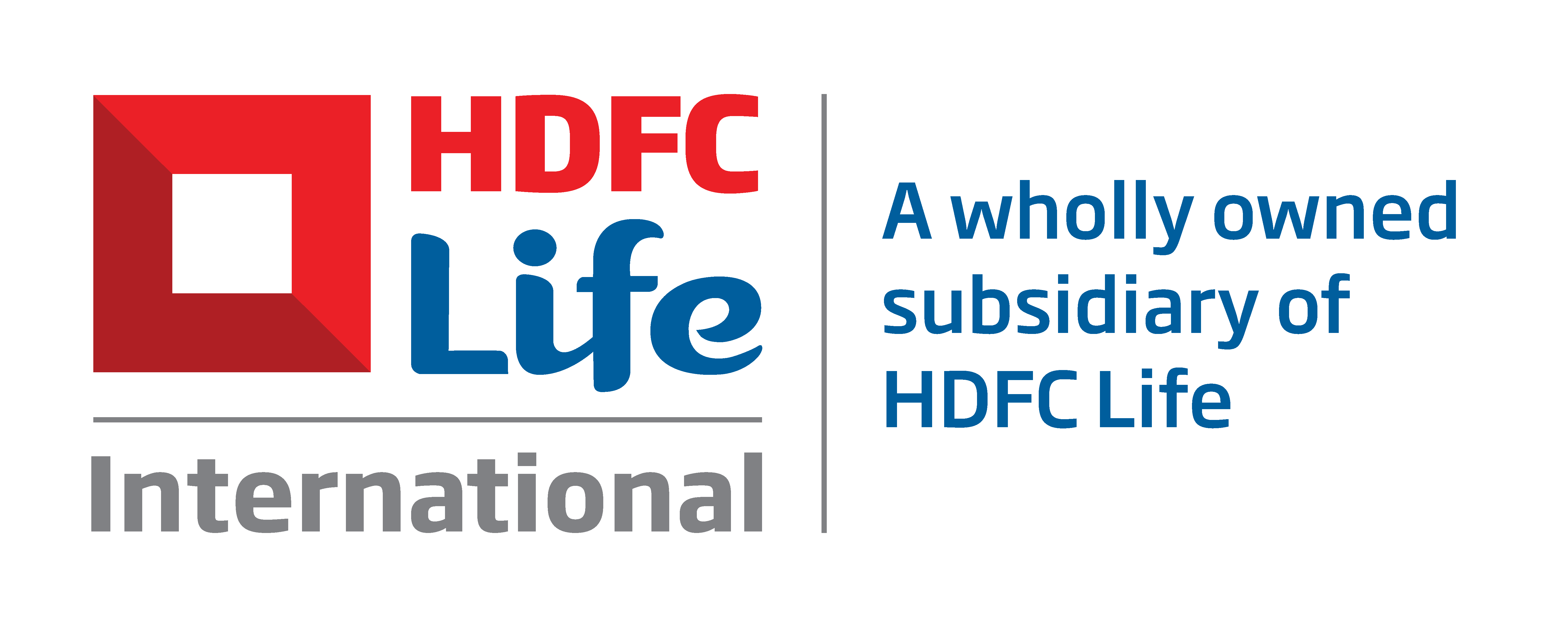Avoiding the Pitfalls: 10 Tips for Young Parents towards Creating a Strong Corpus

Nothing comes cheap these days, and for new parents, the struggle to meet the expenses of running a family is very real. Furthermore, considering education and good colleges for a child can be burdensome and young parents often make investment mistakes.
The first thing to understand about trying to meet your financial goals in the future is that you must start to save early in life. Starting early ensures a longer period for saving money, and making it grow through investment so that you finally end up with a large corpus.
Tips for Young Parents to Build a Solid Corpus
A natural parental instinct is to give your child the best, and while parents’ intentions are genuine, the way to achieving certain goals may not be the best. Young parents are prone to make errors, either in judgment, or because they do not have adequate knowledge about saving and investment. As a young parent, you want ideal opportunities. These include good colleges for higher education and a great career ahead, among other things. Here are ten tips to help save and invest wisely:
1. Start with a Budget
This is the simplest capital management tool but is rarely followed by young parents. If a budget is made, it is not adhered to consistently. Once you start making a monthly budget for expenses, you are able to determine the difference between desires and actual living needs. Once you are in the habit of making a monthly budget, you are able to separate a fixed amount from your income for saving and investing.
2. Invest Early in Life Insurance and Health Insurance
Today, new-age parents prioritise the higher education of a child rather than marriage, and rightly so. Gaining financial independence for your child via quality education is a great objective. However, the cost of education is high and you need to plan for this. Some of the most significant investment decisions one makes are to buy insurance and buy it early. It is imperative to purchase a life insurance plan, especially for the breadwinner of the family. With life insurance, beneficiaries get a payout in case of the untimely demise of the policyholder.
With the cost of education rising, it is crucial to buy health insurance for the family too. This ensures that any future healthcare costs are covered and you don’t dip into other investments to pay for health emergencies.
3. The Management of Debt
Several young people get caught in debt as they don’t manage their finances efficiently. This is because of quite a few reasons. Too many loans may be availed of simultaneously, such as a home loan, a personal loan or a car loan. Unfortunately, parents may take more loans than they can effectively handle. In the bargain, they end up with a lack of savings and inadequate resources to make loan repayments. There is also the question of debt that arises due to non-payment of credit card bills. However, parents should consider the future of their children, especially if they want to meet the challenges of sending them to good colleges.
4. Plan to Opt for a Salary Structure
You may be a parent who has just started a new job. What many young people don’t delve into when they agree to join a company are the contract terms. You should know the basics of your salary structure and have an understanding as to which parts of it are liable for tax. If your basic pay is reduced, and adjusted to represent benefits or perks, then this is a simple, yet effective way to save on tax. The more you save, the more you earn to invest in your corpus.
5. Understand How Taxation Works
Once you earn any income, it is imperative to understand how tax is levied wherever you are paying tax. While your income is taxed according to certain ranges stipulated by the government, there are particular sums that may not be liable for tax. For particular types of investments, you are not liable for taxation. Again, the more you save, the more your capital can grow. Parents may well think of the huge cost of education in the future, but have no awareness when it comes to taxation or investment.
6. Opt for a PPF Investment
As mentioned earlier, mere saving is not enough. The major pitfall in the thought processes of young parents is that savings are enough to build a corpus. Yes, it is true that saving is a good habit, but how will your wealth grow? Unless you invest your savings in specific funds and instruments that ensure you compound interest, your money won’t grow. A good idea is for you to invest in a PPF or a Public Provident Fund. You get substantial interest on your capital and this is compounded so your fund grows.
7. Fixed Income Instruments
Some of your capital should be placed in guaranteed investment channels like fixed deposits. Here, your capital earns a fixed interest and you know just how much your wealth will grow over time.
8. Create a Fund for Emergencies
Although this is a no-brainer of an idea, not many people execute it. Creating a corpus for emergencies is the key to meeting any costs arising out of emergencies like a job loss or a health emergency. This fund emergency helps you to meet expenses without you touching your other investments.
9. Diversify a Financial Portfolio with Wise Investment
When you get ready to invest your capital as a responsible parent should, for the higher education of your child and other financial milestones of life, you should aim for a bag of investments that are mixed in nature. Therefore, some investment products may be risky bets like equity investments or mutual funds, but lucrative in the long run, while others may mitigate the risky ones, like bonds and fixed deposits or pension funds. Putting all your capital in just one investment avenue will not build a corpus.
10. Think of Your Own Retirement
Getting ready to meet the expenses of raising a child is not all you can do for your family. You should begin a retirement fund from the time you earn a salary too. You don’t want to have to dip into your child’s education corpus because you realise you lack funds at retirement.
Building a Corpus - Think Before You Leap
Building a corpus for your child’s requirements is essential, but a lot of thinking goes into it. Think of other expenses in your life, and make sure you build simultaneous funds to meet all. You must also consider costs linked with increasing inflation and gauge how much to invest for the future.
Sources:
Author
Editorial Team of HDFC Life International
Disclaimer:
The information provided in this blog is intended for general informational purposes only. HDFC International Life and Re Company Limited, is committed to delivering accurate and up-to-date content, but we do not guarantee the completeness or accuracy of the information. The content on this blog is not meant as professional advice and should not be considered a substitute for consulting with a qualified expert in the field of insurance or financial planning and advisory matters. Decisions based on the information in this article are solely at the reader's discretion.
We may occasionally include external links to third-party websites for additional information. HDFC International Life and Re Company Limited does not endorse or have any control over the content of these external websites and is not responsible for their accuracy, reliability, or compliance with legal regulations. While we strive to offer valuable insights and guidance, the information in this blog is subject to change without notice, and we make no representations or warranties of any kind, express or implied, about the accuracy, reliability, suitability, or availability of the information provided.
By using this blog, you agree that HDFC International Life and Re Company Limited and its authors will not be held liable for any direct, indirect, or consequential damages arising from the use of the information contained here. We recommend consulting with a qualified professional for specific advice related to your unique situation.
Recommended blogs

Stay in touch
Subscribe to our newsletter and stay updated.
Related posts
HDFC International Life and Re Company Limited, IFSC Branch
FCRN: F06803 & IFSCA Registration No.: IFSCA/IIO/006/2022-23(Regulated by the IFSCA)
Registered Branch Office and Address for Correspondence: Office No. 213, Hiranandani Signature, Second Floor, Block 13B, Zone - 1, GIFT SEZ, Gift City, IFSC, Gandhinagar, Gujarat, India - 382050.
The registered marks including the name/letters "HDFC" in the name/logo of the Company/branch belongs to HDFC Bank Limited ("HDFC Bank") and the name/letters "HDFC Life" is used by HDFC Life Insurance Company Limited ("HDFC Life") and its subsidiary, HDFC International Life and Re Company Limited under a licence/agreement between HDFC Bank and HDFC Life.
For more details on risk factors, associated terms and conditions and exclusions please read sales brochure carefully before concluding a sale.
PLEASE EXERCISE CAUTION REGARDING DECEPTIVE PHONE CALLS AND FRAUDULENT OFFERS.


